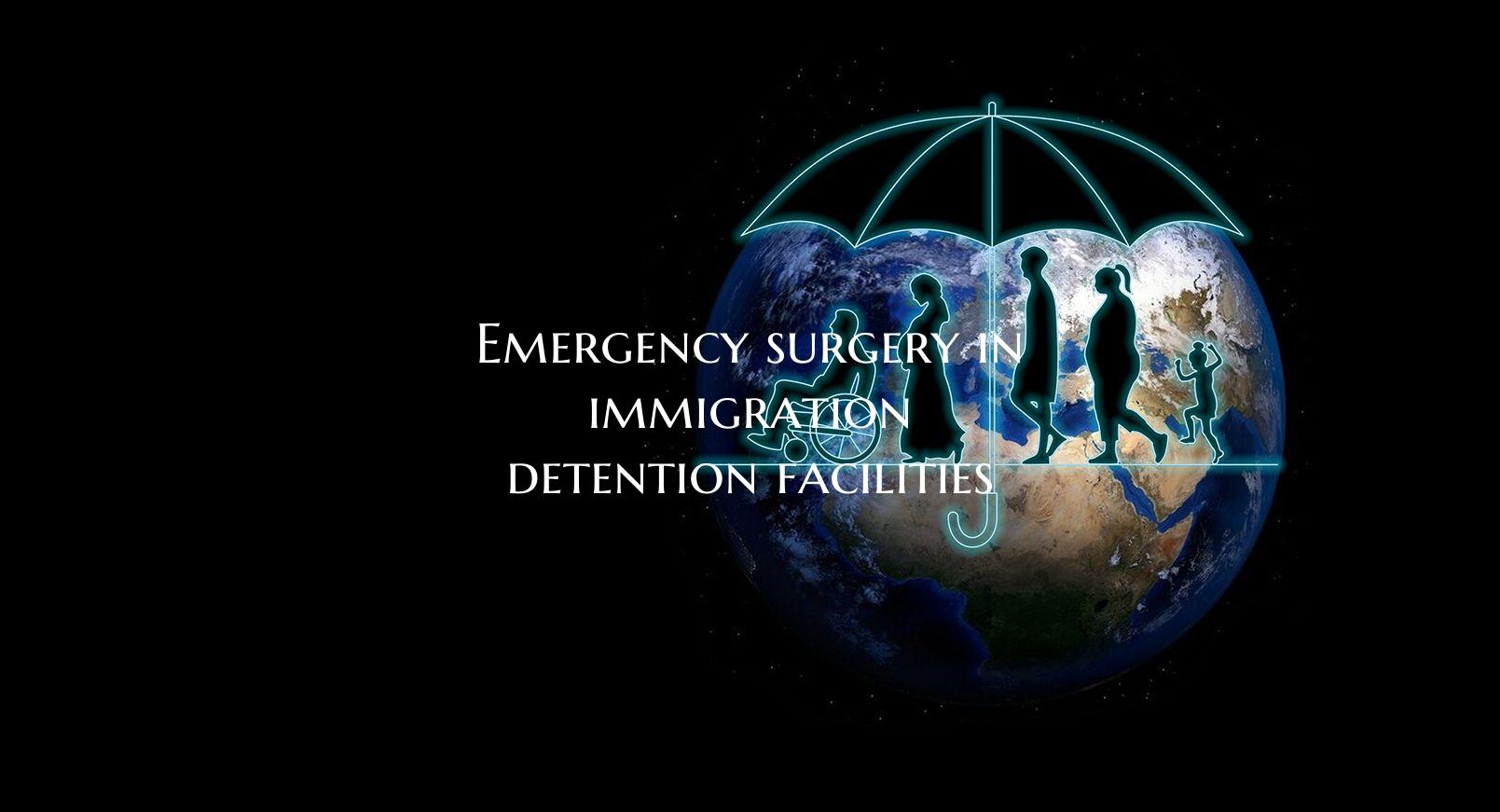
Emergency surgery in immigration detention facilities
Introduction: Emergency medical situations can arise at any time, even within the confines of immigration detention facilities. When detainees require urgent surgical intervention, prompt and effective medical care becomes crucial to ensuring their well-being and addressing potential life-threatening conditions. This article delves into the importance of managing emergency surgeries in immigration detention centers, the challenges faced, and the necessary protocols that should be in place to guarantee the safety and health of detainees.
The Importance of Timely Medical Intervention: In immigration detention facilities, detainees may face various health issues due to factors like overcrowding, insufficient access to healthcare, and stress related to their situation. In cases where a detainee requires emergency surgery, delays in medical intervention can have severe consequences, leading to deterioration of health, increased pain and suffering, and even fatalities. Therefore, it is paramount for detention facilities to have a clear and efficient process in place to handle emergency medical situations promptly.
Challenges Faced in Managing Emergency Surgeries: Managing emergency surgeries in immigration detention facilities presents unique challenges. These challenges can include limited access to specialized medical services, language barriers affecting communication with medical staff and the detainee, logistical difficulties in transporting the detainee to a suitable medical facility, and ensuring proper post-operative care within the detention setting. Overcoming these challenges requires a coordinated effort involving medical personnel, facility staff, and external healthcare providers.
Protocols and Procedures for Emergency Surgical Cases: To ensure the effective management of emergency surgeries in immigration detention facilities, clear protocols and procedures must be established and adhered to. These may include regular medical assessments to monitor detainees' health status, training staff to recognize signs that may indicate the need for urgent medical attention, establishing partnerships with nearby hospitals for immediate surgical services, and conducting regular drills to practice emergency response scenarios. Additionally, communication channels between medical staff, facility administration, and external healthcare providers should be well-defined to facilitate a seamless response in emergency situations.
Conclusion: The provision of timely and effective emergency surgical care in immigration detention facilities is essential for safeguarding the health and well-being of detainees. By recognizing the importance of preparedness, addressing challenges proactively, and implementing clear protocols, detention facilities can ensure that detainees receive the necessary medical attention when faced with critical health issues. Ultimately, a comprehensive approach to managing emergency surgeries in immigration detention settings is essential for upholding human rights, promoting dignity, and preserving the health of individuals under detention.